Sierra Leone
8.5
Population 2023 (Millions)
0.5
HDI Score
2022 (Max. 1)
58.2
SDG Score
2023
(Max. 100)
0.6
Gender Inequality
Index Score
(Max. 1)
N/A
Internet Inclusivity
Index 2022
(100 countries)
Overview
Projects
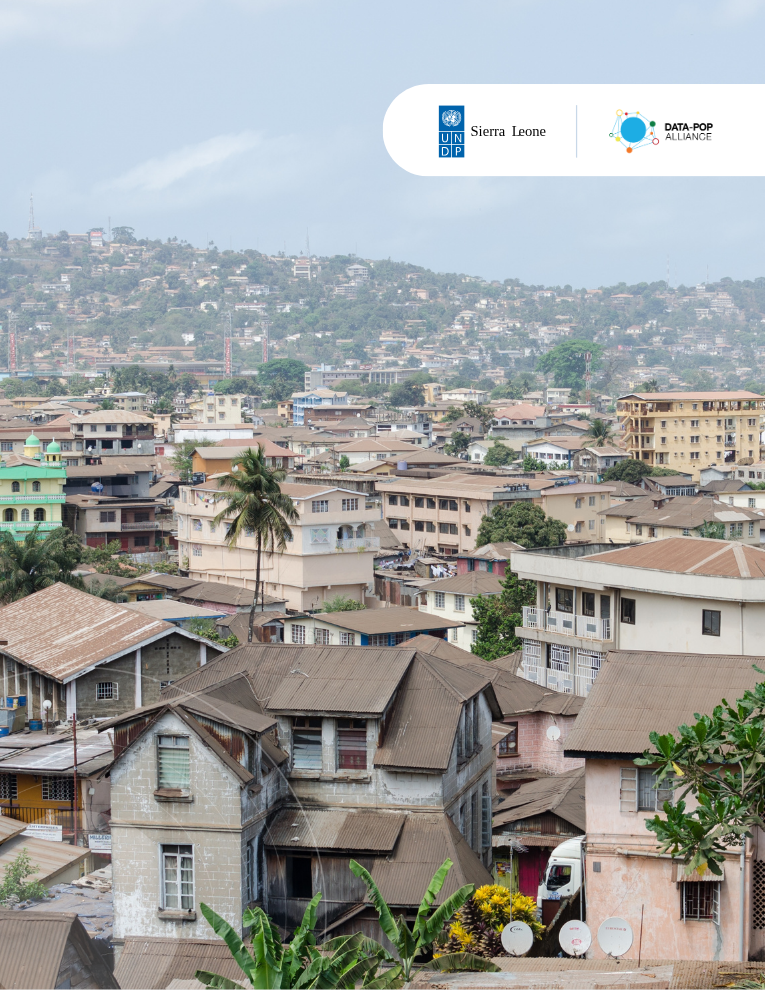
- Partner(s): UNDP Sierra Leone (Funder)
This project will strengthen Sierra Leone’s national data and statistical systems by using artificial intelligence (AI) and digital technologies to improve monitoring of the SDGs and the Medium-Term National Development Plan. It aims to advance the use of data, geographic information systems (GIS), and data-driven tools to reinforce the country’s statistical infrastructure—particularly by assisting Statistics Sierra Leone (Stats SL) in piloting AI-powered methodologies for analyzing multidimensional poverty through the Local Multidimensional Poverty Index (LMPI), and developing a foundational digital data hub for national development indicators. Key outputs include a landscape and capacity assessment, training for officials, and an AI-enabled prototype platform designed to close data gaps, enhance decision-making, and advance poverty reduction and sustainable development.
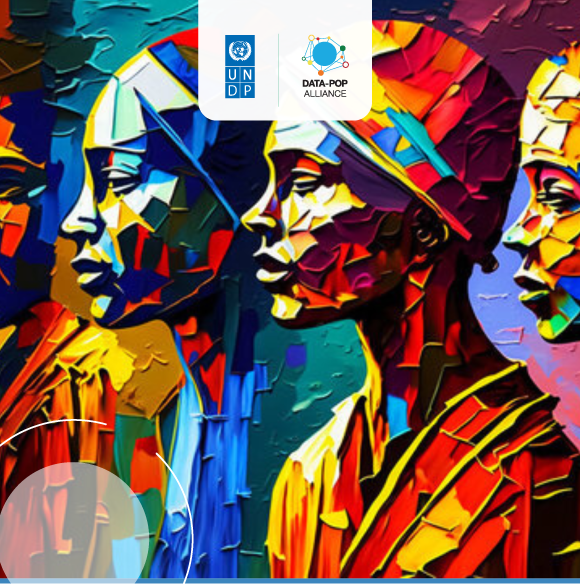
- Partner(s): UNDP Ethiopia (Funder)
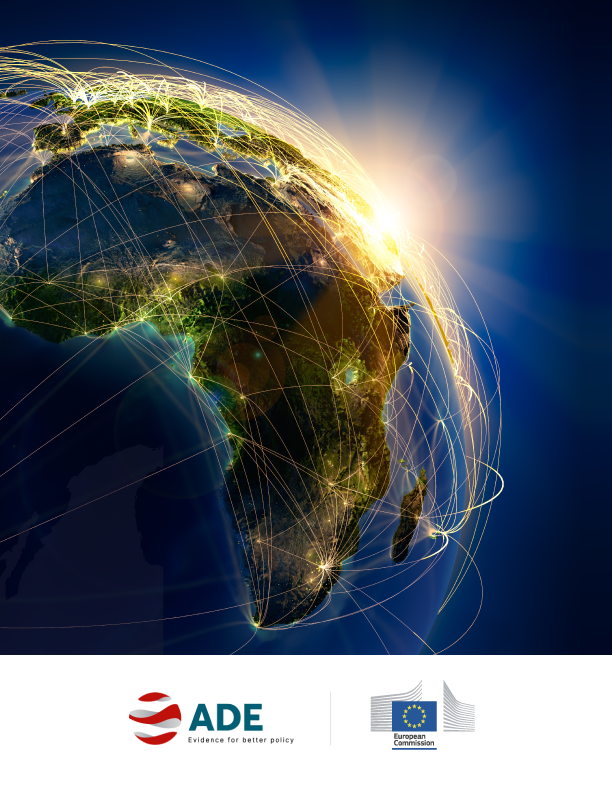
- Partner(s): ADE (Funder), EU DEVCO
This study, produced in collaboration with ADE, assessed the European Union’s external cooperation for development (DEVCO, now INTPA) in the cross-cutting field of digitalization in Sub-Saharan Africa (SSA), with a view to issuing a series of lessons learned and recommendations to inform current and future cooperation work. In particular, this evaluation focuses on understanding and analyzing DEVCO’s investments and projects in the region, the extent to which these projects are strategically promoting the pillars, objectives and values of the EU frameworks, and to identify complementarities or lack thereof with other relevant national, regional, and international stakeholders.
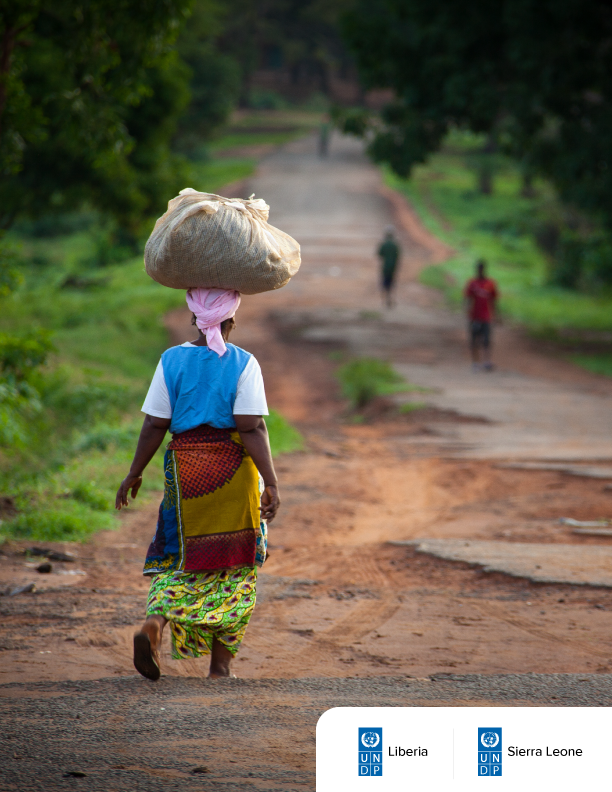
- Partner(s): UNDP Liberia (Funder), UNDP Sierra Leone (Funder)
This study, supported by the UNDP’s Country Offices in Liberia and Sierra Leone, developed a deep understanding of the existing informal social protection mechanisms and community development needs in the borderlands of Sierra Leone and Liberia. DPA adopted an inductive ethnographic approach consisting of qualitative methods complemented with quantitative data collection to identify borderland community needs and trends, covariate shocks faced and coping mechanisms, as well as the inclusion and exclusion factors. The outputs and findings of the study informed government and UNDP programmatic interventions aimed at strengthening the resilience of these communities.
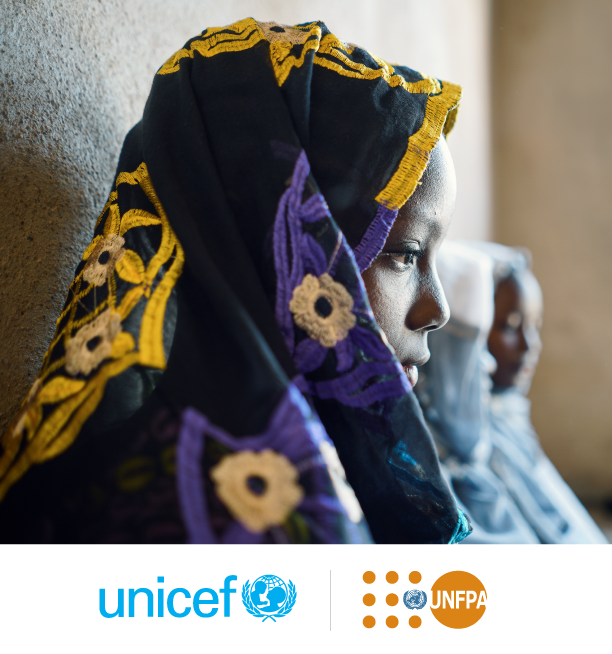
- Partner(s): UNFPA, UNICEF (Funder)
The need to end child marriage and FGM has never been greater –without accelerated progress to end both of these harmful practices, millions of women and girls across the globe will continue to be in danger. DPA, in collaboration with UNICEF and UNFPA, conducted a comprehensive landscape mapping and review of key technology-based interventions to address child marriage and FGM across 13 countries in Africa and Asia (Bangladesh, Burkina Faso, Egypt, Ethiopia, Ghana, India, Kenya, Mozambique, Nepal, Sierra Leone, Sudan, Uganda, Zambia). During the second phase of the project, DPA carried out an in depth review of three selected interventions to better understand their effectiveness, key success factors, and potential areas for improvement.
The methodology proposed by DPA was based on intersectional feminist approach and an analysis integrating both quantitative and qualitative research methods, as well as traditional and non-traditional data sources collected at different stages of the study, underpinned by a participatory approach involving UNICEF, UNFPA, and other stakeholders.
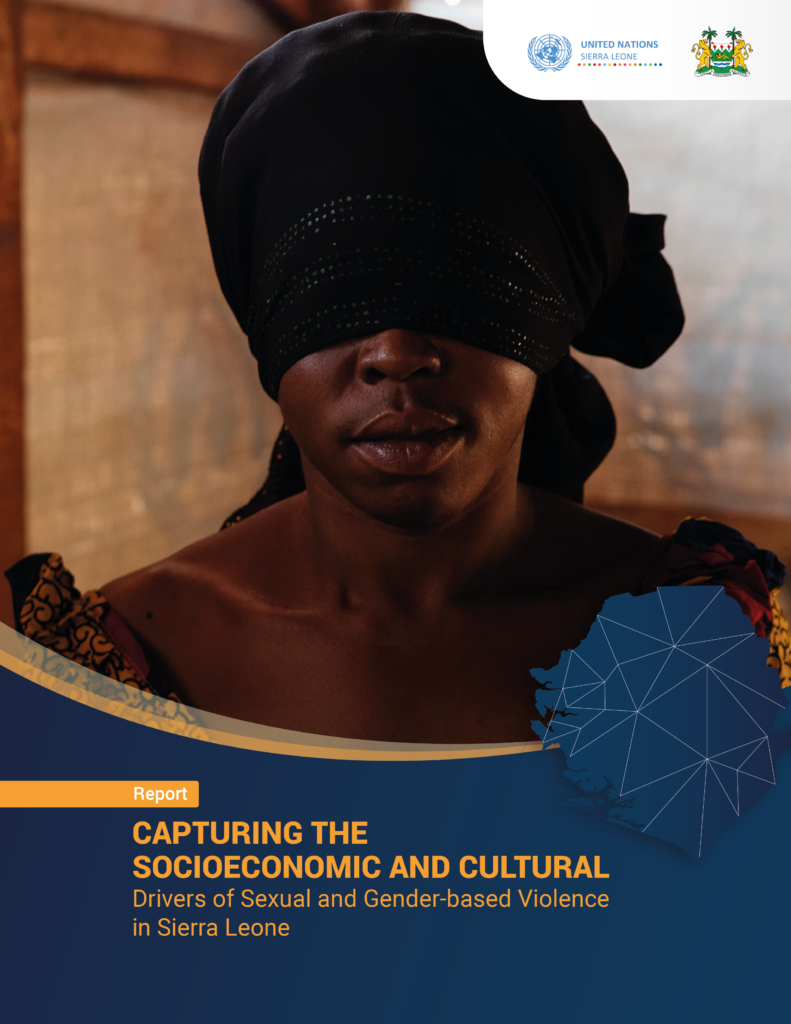
- Partner(s): Rainbo Initiative, Statistics Sierra Leone, UNDP Sierra Leone (Funder)
In partnership with UNDP Sierra Leone, this project assessed the prevalence, incidence, trends, and patterns of sexual and gender-based violence (SGBV) in Sierra Leone through a mixed-methods approach and innovate machine learning techniques. By analyzing the structural and root causes that contribute to SGBV, the final report provided targeted policy recommendations to prevent and respond to this phenomenon through a unified national response.
With regards to quantitative methods, DPA mapped, accessed, and analyzed national and international data sources to uncover which drivers might have a higher statistical influence on the prevalence of SGBV. With this information, the research team created advanced machine learning techniques to identify the most relevant indicators and their relationship to SGBV. This analysis was complemented with qualitative data collected through a systematic literature review (over 50 pieces, supported by the ecological model), semi-structured interviews with survivors of SGBV, and focus group discussions with key CSO and government stakeholders.
